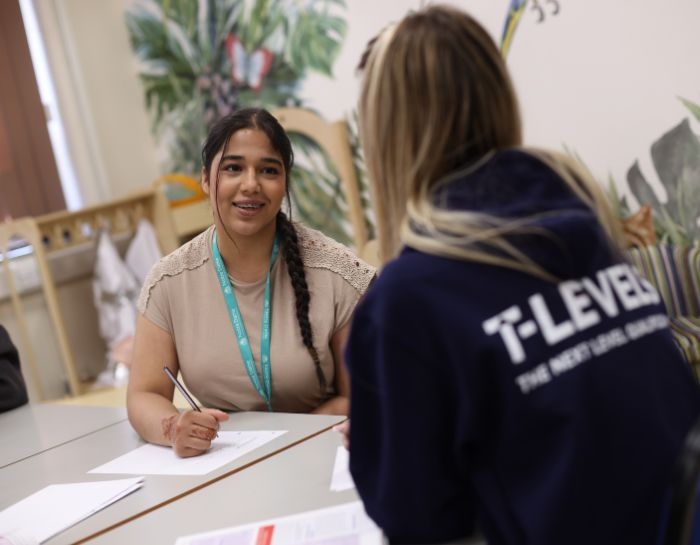
Did You Know?
The brain develops most rapidly before birth and during the first two years of life.
Key Information
Qualification
T Level
Duration
Two Year Course - Equivalent to three A-levels
Examination Board
NCFE
"I love the Education and Early Years course at Notre Dame because it's a fantastic stepping stone to enter the Early Years sector, The nursery simulation suite is amazing and makes it feel real as it gives you a taste of the industry. My teachers are really supportive too," - Inaya Maroof, Bradford Academy
Key Employability Skills | ||
| Active Learning | Emotional Intelligence | Reasoning |
Qualification
T Level
Assessment
60% Occupational Specialism, 40% Exam and Employer Set Project
Year 1
In year one you will sit two written exams covering the core content as well as an employer set project.
Paper A: 35%
Paper B: 35%
ESP: 30%
Year 2
In year two you will undertake different synoptic assignments, for the Early Years Educator pathway one assessment will involve observations on work placement.
Assisting Teaching
Assignment 1: 25%
Assignment 2: 50%
Assignment 3: 25%
What is a T Level?
Notre Dame was selected as one of the first providers of the new T Level qualifications. T Levels follow GCSEs and are equivalent to 3 A-levels. These 2-year courses have been developed in collaboration with employers and businesses so that the content meets the needs of the industry and prepares students for work.
What do I need to study this T Level?
You will need five GCSEs at grade 4 or above including GCSE English Language and GCSE Maths. You will also be required to complete a DBS check.
What will I study?
This T Level will allow you to develop your knowledge across topics such as child development, safeguarding and special educational needs, as well as learning about the role of families and support agencies. These topics allow you to delve into the specifics of social interaction, how language is acquired and understanding behaviour. You will complete one occupational specialism, Assisting Teaching. You will focus on relationship building and promoting play, development and early education, as well as becoming a collaborative and reflective practitioner.
What next?
Progression options include studying degrees such as Early Childhood/Education Studies, Educational Psychology, Children and Families Social Work, and Primary and Secondary Teaching.

 Website By Rejuvenate Digital
Website By Rejuvenate Digital